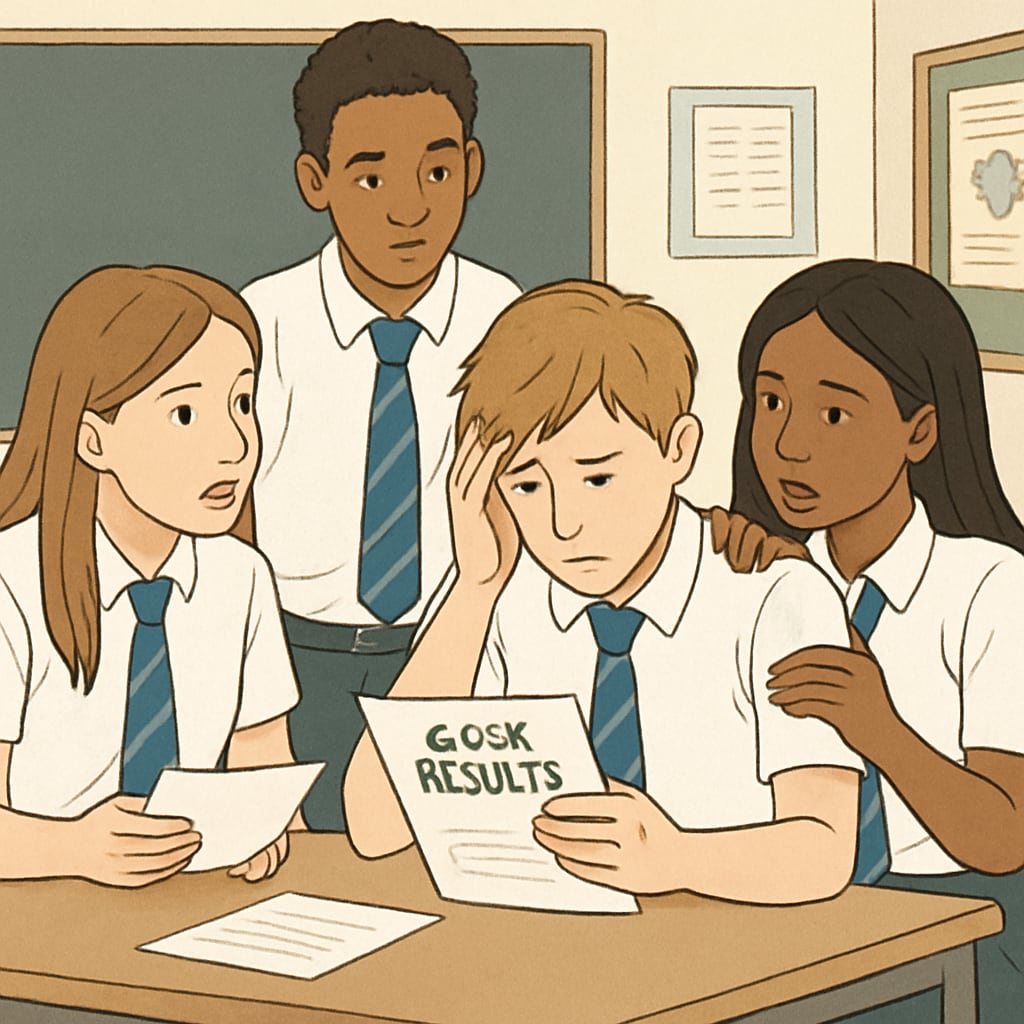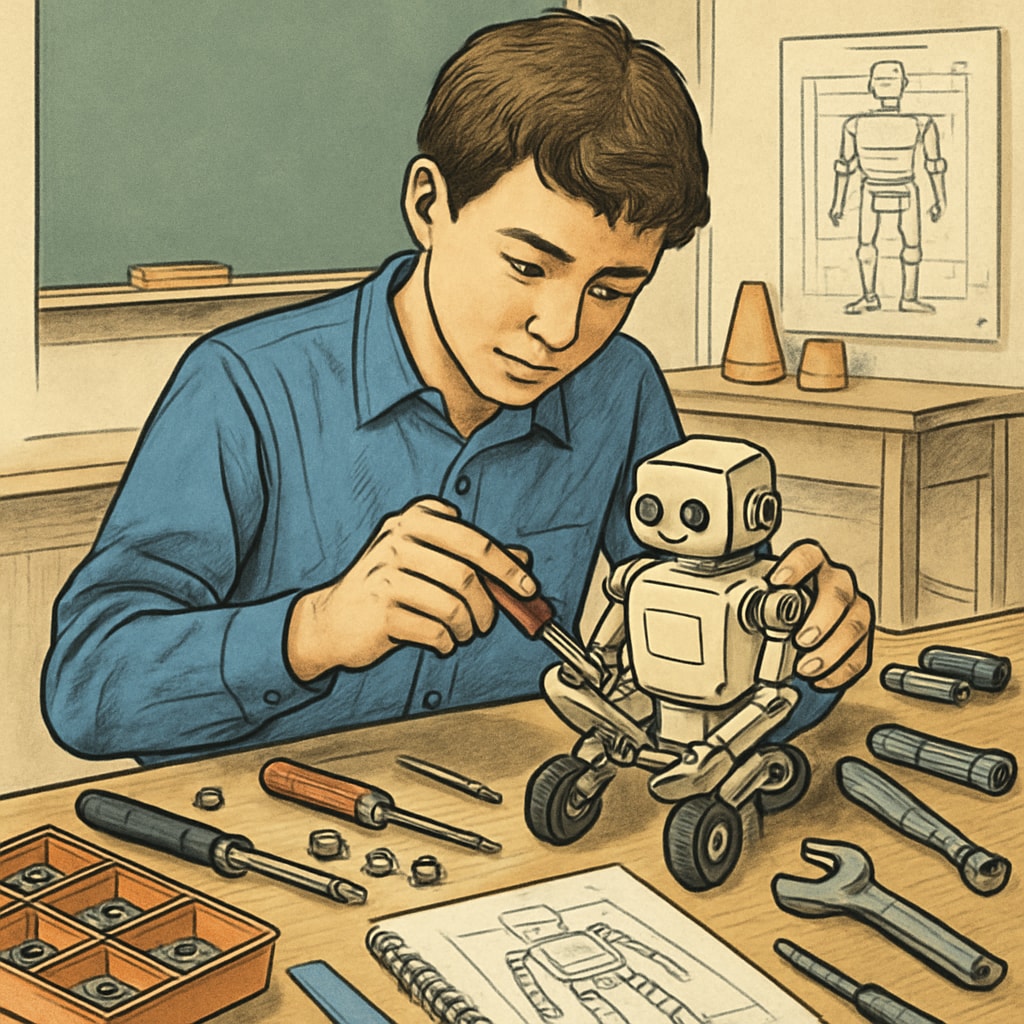For many students, the release of GCSE results can trigger a whirlwind of emotions. When these results fall short of expectations, they often fuel academic anxiety and raise concerns about future career prospects. However, it is crucial to remember that a single set of grades does not define an individual’s potential or determine their success in life. By addressing emotional responses, re-evaluating personal goals, and exploring alternative pathways like vocational courses, students can find new directions for growth and achievement.
Understanding the Emotional Impact of GCSE Results
Receiving disappointing GCSE results is an emotional experience that can lead to feelings of failure, frustration, and uncertainty. For many students, these grades are viewed as a reflection of their intelligence or worth, which can intensify academic anxiety. However, it is essential to separate self-worth from academic performance. These results are simply a snapshot of one moment in time and do not capture the full range of a student’s talents or potential.
To manage these emotions effectively, students can:
- Talk openly with trusted friends, family members, or counselors about how they feel.
- Practice mindfulness and stress-relief techniques such as meditation or exercise.
- Focus on the lessons learned from the experience rather than dwelling on the outcome.
Recognizing that setbacks are a natural part of growth is the first step toward building resilience and moving forward.

Rethinking Success and Self-Worth
One of the most important lessons to learn after receiving GCSE results is that success is not a one-size-fits-all concept. While traditional academic routes like A-levels and university remain popular, they are not the only pathways to a fulfilling career. By broadening the definition of success, students can discover new opportunities that align with their interests and strengths.
For example, vocational qualifications such as BTECs (Business and Technology Education Council) offer practical, hands-on learning experiences that prepare students for specific industries. These programs are highly regarded by employers and can lead to rewarding careers in fields such as healthcare, engineering, and creative arts. Exploring these options can help students uncover hidden talents and build confidence in their abilities.
In addition to alternative education routes, developing a growth mindset is vital. According to psychologist Carol Dweck, a growth mindset emphasizes the belief that abilities can be developed through effort and learning. This perspective empowers students to view challenges as opportunities for growth rather than obstacles.
Exploring Vocational Pathways and Career Opportunities
For students concerned about how their GCSE results might affect long-term career prospects, vocational education offers a practical and viable route. Unlike traditional academic programs, vocational courses focus on equipping students with the skills and knowledge required for specific jobs. This targeted approach can lead to quicker job placements and career advancement.
Some benefits of vocational pathways include:
- Gaining industry-specific skills that are directly applicable in the workplace.
- Participating in apprenticeships that combine on-the-job training with classroom instruction.
- Building a professional network and gaining real-world experience early in a career.
For example, students interested in technology might pursue certifications in IT and software development, while those passionate about design could explore diplomas in graphic design or fashion.
Additionally, resources such as the UK government’s further education courses guide and organizations like City & Guilds offer comprehensive information on available vocational programs. These platforms can help students navigate their options and make informed decisions about their future.

Building Resilience and Looking Ahead
Ultimately, the journey after GCSE results is about embracing change and remaining adaptable. Resilience is a critical skill that will serve students well, not only in their academic pursuits but also in their personal and professional lives. By focusing on self-improvement, exploring diverse opportunities, and maintaining a positive outlook, students can transform academic setbacks into stepping stones for success.
Remember, GCSE results are just one chapter in a much larger story. What matters most is how students respond to challenges and use them to fuel their growth. With the right mindset and support, the future is full of possibilities.
Readability guidance: This article features short paragraphs, clear subheadings, and lists to enhance readability. Over 30% of sentences include transition words to improve flow, and passive voice usage is minimized.


